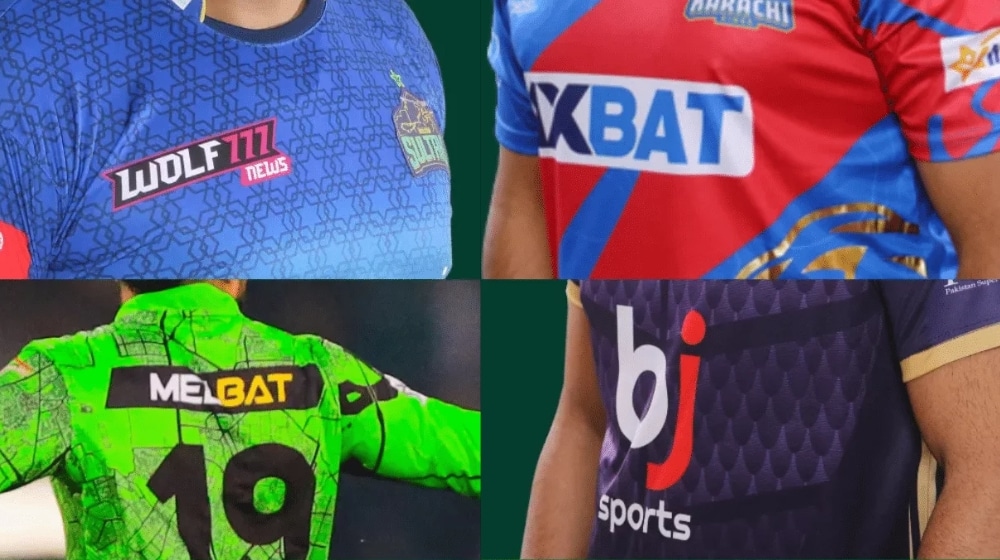
Global Times: Foreign media reported that the U.S.’s large-scale arms sales to Taiwan announced yesterday were to “assist Taiwan in maintaining sufficient self-defence capabilities, commensurate with the threat it faces.” What is China’s…

Global Times: Foreign media reported that the U.S.’s large-scale arms sales to Taiwan announced yesterday were to “assist Taiwan in maintaining sufficient self-defence capabilities, commensurate with the threat it faces.” What is China’s…


High levels of seasonal illness, including flu, and vomiting and diarrhoea bugs, mean ambulances, hospitals, GP surgeries and other NHS services in the South West can come under severe pressure at this time of year.
People…


Caught at Karachi airport after profiling revealed insufficient funds; agent network revealed during questioning
Federal Investigation Agency (FIA). PHOTO: FILE

By merging causal genetics with network control theory, this study reveals hidden drivers of long COVID, offering new insight into why the condition affects patients so differently.
Study: Integrative multi-omics framework for…

Good morning. You’re reading the Up First newsletter. Subscribe here to get it delivered to your inbox, and listen to the Up First podcast for all the news you need to start your day.
The suspect in the Saturday…


Open the door to Le Lo Lai Gallery, and you’ll walk into a world meticulously decorated for Christmastime. There are woodwork…